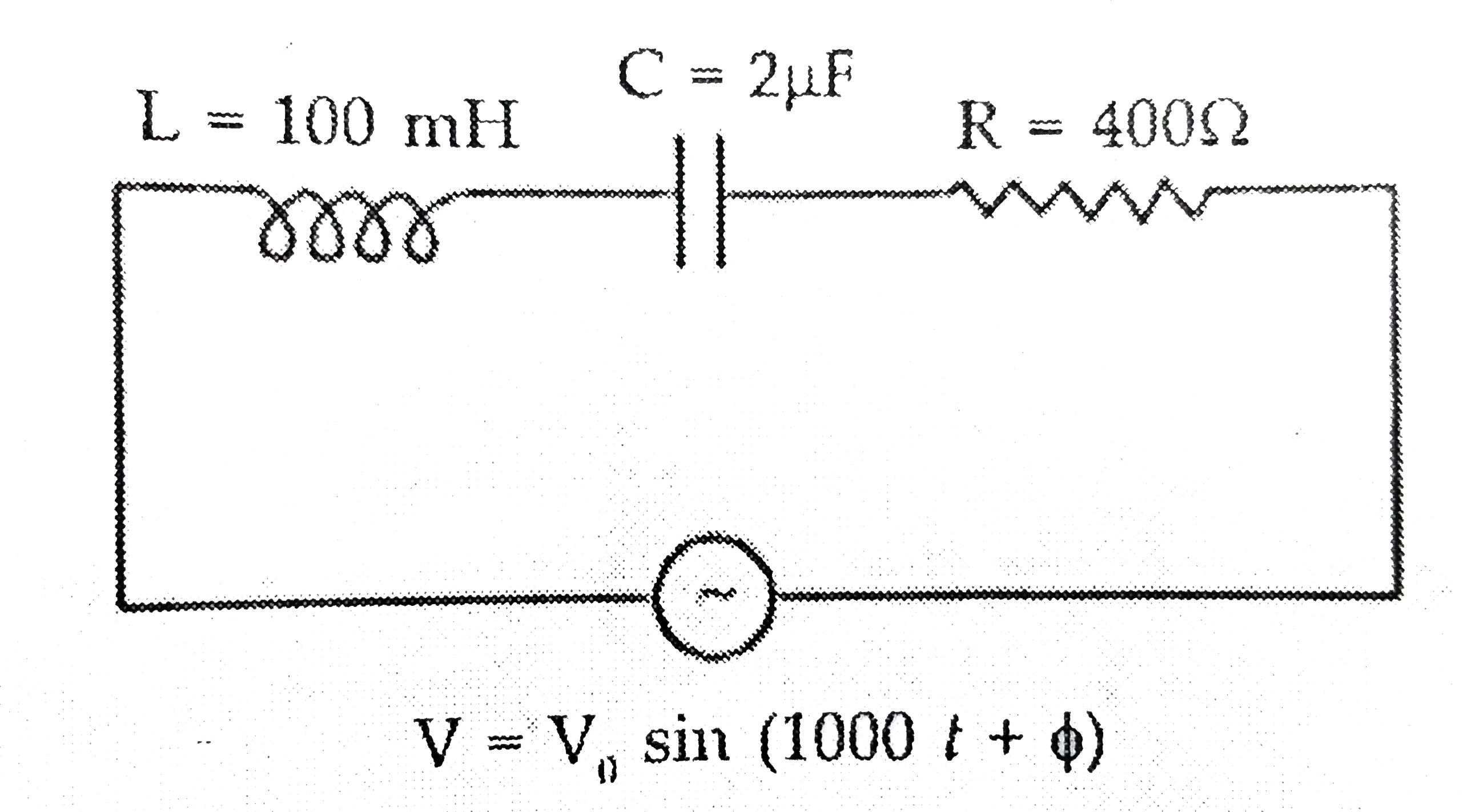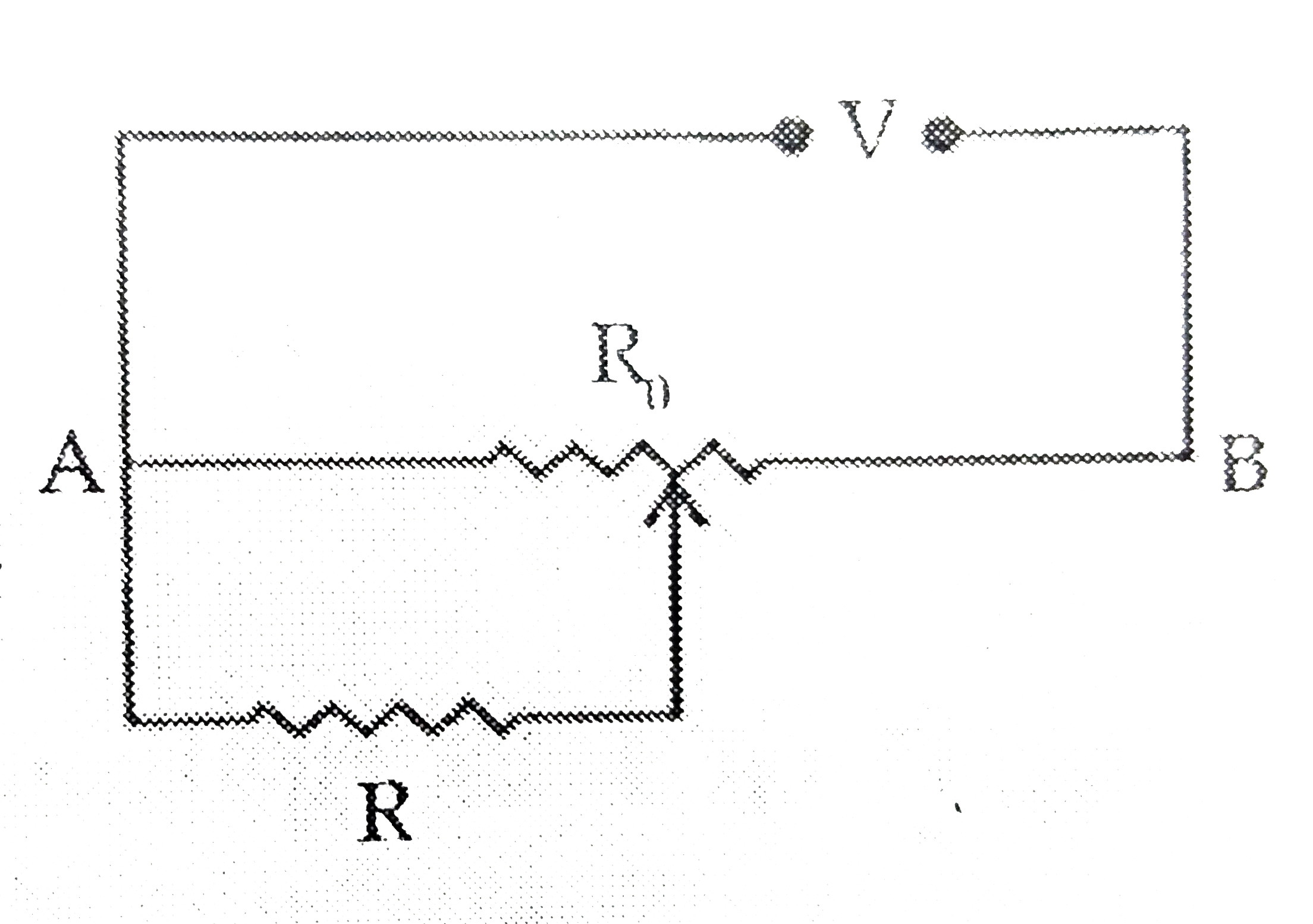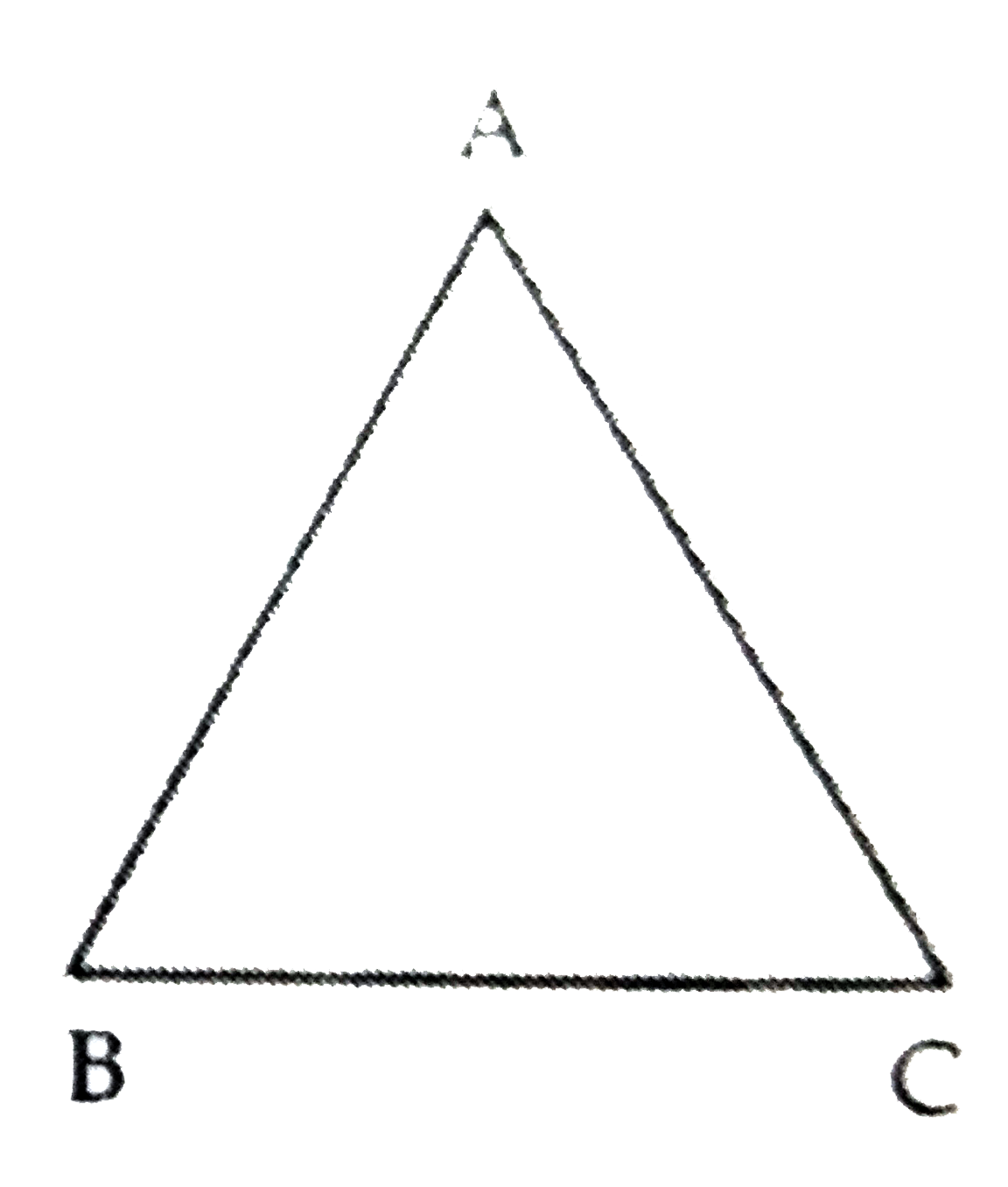Complete Solutions to SET-I (SECTION-C) of chapter XII BOARDS of Class 12 book with complete answers and questions
| Class 12 | PHYSICS |
| Chapter | XII BOARDS |
| XII BOARDS PREVIOUS YEAR | SET-I (SECTION-C) |
| Number Of Questions | 13 |
| Academic Year | 2023-24 |
(i) Find the value of the phase difference between the current and the voltage in the series LCR circuit shown below. Which one leads in phase : current or voltage ?

(ii) What making any other change, find the value of the additional capacitor C, to be connected in parallel with the capacitor C, in order to make the power factor of the circuit unity.
View SolutionWrite the two processes that take place in the formation of a p-n junction. Explain with the help of a diagram, the function of depletion region and barrier potential in a p-n junction.
View Solution(i) Obtain the expression for the cyclotron frequency.
(ii) A deutron and a proton are accelerated by the cyclotron. Can both the accelerated with the same oscillator frequency ? Give greason to justify your answer.
View Solution(i) How does one explain the emission of electron from a photosensitive surface with te help of Einstein's photoelectric equation ?
(ii) The work function of the following metals is given : `Na = 2.75 eV, K = 2.3 eV, Mo = 4.17 eV` and `Ni = 5.15 eV`. Which of these metals will not cause photoelectric emission for radiation of wavelength `3300 Å` from a laser source placed 1 m aways from these metals ? What happens if the laser source is brought nearer and placed 50 cm away ?
View SolutionA resistance of R draws current from a potentiometer. The potentiometer wire, AB , has a total resistance of `R_(0)`, A voltage V is supplied to the potentiometer. Derive an expression for the voltage across R when the sliding contact is in the middle of potentialmeter wire.

View SolutionDefine the term 'amplitude modulation'. Explain any two factors which justify the need for modulating a low frequency base-band signal.
View Solution(i) Find equivalent capacitance between A and B in the combination give below . Each capacitor is a of `2 muF` capacitance .

(ii) If a dc source of 7V is connected across AB, how much charge is drawn from the source and what is the energy stored in the network ?
View Solution(i) Derive the expression for electric field at a point on the equatorial line of an electric dipole.
(ii) Depiet the orientation of the dipole in (i) stable, (ii) unstable equilibrium in a uniform electric field.
View Solution(i) A radioactive nucleus 'A' undergoes a series of decays as given below :
`A overset(alpha)rarr A_(1) overset(beta)(rarr)A_(2)overset(alpha)rarrA_(3)overset(gamma)(rarr)A_(4)`.
The mass number of atomic number of `A_(2)` are `176` and 171 respectively. Determine the mass and atomic numbers of `A_(4)` and A.
(ii) Write the basic nuclear processes underlying `beta` and `beta^(-)` decays.
View Solution(i) A ray of light incident on face AB of an equilateral glass prism, shows minimum deviation of `30^(@)`. Calculate the speed of the light through the prism.
(ii) Find the angle of incidence at face AB so that the emergent ray grazes along the face AC.

View SolutionIn a CE transistor amplifier, the audio signal voltage across the collector resistance of `2kOmega` is `2V`. If the base resistance is `1kOmega` and the current amplification of the transistor is 100, the input signal voltage is:
View SolutionDescribe the working principle of a moving coil galvanometer. Why is necessary to use
(i) a radial magnetic field and (ii) a cylinderical soft iron core in a galvanometer ? Write the expression for current sensitivity of the galvanometer .
Can a galvanometer as such be used for measuring the current ? Explain .
View Solution(a) Define the term 'self-inductance' and write the S.I. unit.
(b) Obtain the expression for the mutual inductance of two long co-axial solenoids `S_(1)` and `S_(2)` wound one over the other, each of length L and radii `r_(1)` and `r_(2)` and`n_(1)` and `n_(2)` number of turns per unit length , when a current I is set up in the outer solenoid `S_(2)`.
View Solution
SET-I (SECTION-C) questions and complete solutions for chapter XII BOARDS of XII BOARDS PREVIOUS YEAR of Class 12
All Exercises from XII BOARDS PREVIOUS YEAR Class 12 PHYSICS XII BOARDS
- C.B.S.E.CLASS-XII PHYSICS (THEORY) [SET-I]
- C.B.S.E.CLASS-XII PHYSICS (THEORY) [SET-I]
- C.B.S.E.CLASS-XII PHYSICS (THEORY) [SET-I] (SECTION-A)
- C.B.S.E.CLASS-XII PHYSICS (THEORY) [SET-I] (SECTION-A)
- PHYSICS
- PHYSICS
- PHYSICS (Theory) DELHI BOARD -2016 [SET -I][COMPTT.]
- PHYSICS (Theory) DELHI BOARD -2016 [SET -I][COMPTT.]
- PHYSICS (Theory) [SET - III]
- PHYSICS (Theory) [SET - III]
- PHYSICS (Theory) [SET - II]
- PHYSICS (Theory) [SET - II]
- PHYSICS (Theory) [SET - I]
- PHYSICS (Theory) [SET - I]
- PHYSICS (Theory) [SET -I]
- PHYSICS (Theory) [SET -I]
- SECTION - C
- SECTION - C
- SECTION - A
- SECTION - A
- SECTION - B
- SECTION - B
- SECTION - C
- SECTION - C
- SECTION - D
- SECTION - D
- SECTION - E
- SECTION - E
- Section -A
- Section -A
- Section -B
- Section -B
- Section -C
- Section -C
- section -D
- section -D
- section -E
- section -E
- section A
- section A
- section B
- section B
- section C
- section C
- SECTION-A
- SECTION-A
- SECTION-B
- SECTION-B
- SECTION-C
- SECTION-C
- Section-D
- Section-D
- Section-E
- Section-E
- SECTIONS-B
- SECTIONS-B
- SECTIONS-C
- SECTIONS-C
- SECTIONS-D
- SECTIONS-D
- SECTIONS-E
- SECTIONS-E
- SET - I
- SET - I
- SET - II (Delhi Board)
- SET - II (Delhi Board)
- SET - III (Delhi Board)
- SET - III (Delhi Board)
- SET -I
- SET -I
- SET -II
- SET -II
- SET -III
- SET -III
- SET I
- SET I
- SET II
- SET II
- SET III
- SET III
- SET-I
- SET-I
- SET-I (SECTION-A)
- SET-I (SECTION-A)
- SET-I (SECTION-B)
- SET-I (SECTION-B)
- SET-I (SECTION-C)
- SET-I (SECTION-C)
- SET-I (SECTION-D)
- SET-I (SECTION-D)
- SET-I (SECTION-E)
- SET-I (SECTION-E)
- SET-II
- SET-II
- SET-II DELHI BOARD (SEC-B)
- SET-II DELHI BOARD (SEC-B)
- SET-II DELHI BOARD (SEC-C)
- SET-II DELHI BOARD (SEC-C)
- SET-II, DELHI BOARD
- SET-II, DELHI BOARD
- SET-III
- SET-III
- SET-III DELHI BOARD
- SET-III DELHI BOARD
- SET-III DELHI BOARD SEC-C
- SET-III DELHI BOARD SEC-C
- SET-III, DELHI BOARD
- SET-III, DELHI BOARD
- [SET - II DELHI BOARD]
- [SET - II DELHI BOARD]
- [SET - III, DELHI BOARD]
- [SET - III, DELHI BOARD]
- [SET - I]
- [SET - I]
- [SET -II, OUTSIDE DELHI]
- [SET -II, OUTSIDE DELHI]
- [SET -III, OUTSIDE DELHI]
- [SET -III, OUTSIDE DELHI]
- [Set- II]
- [Set- II]
- [Set-III]
- [Set-III]